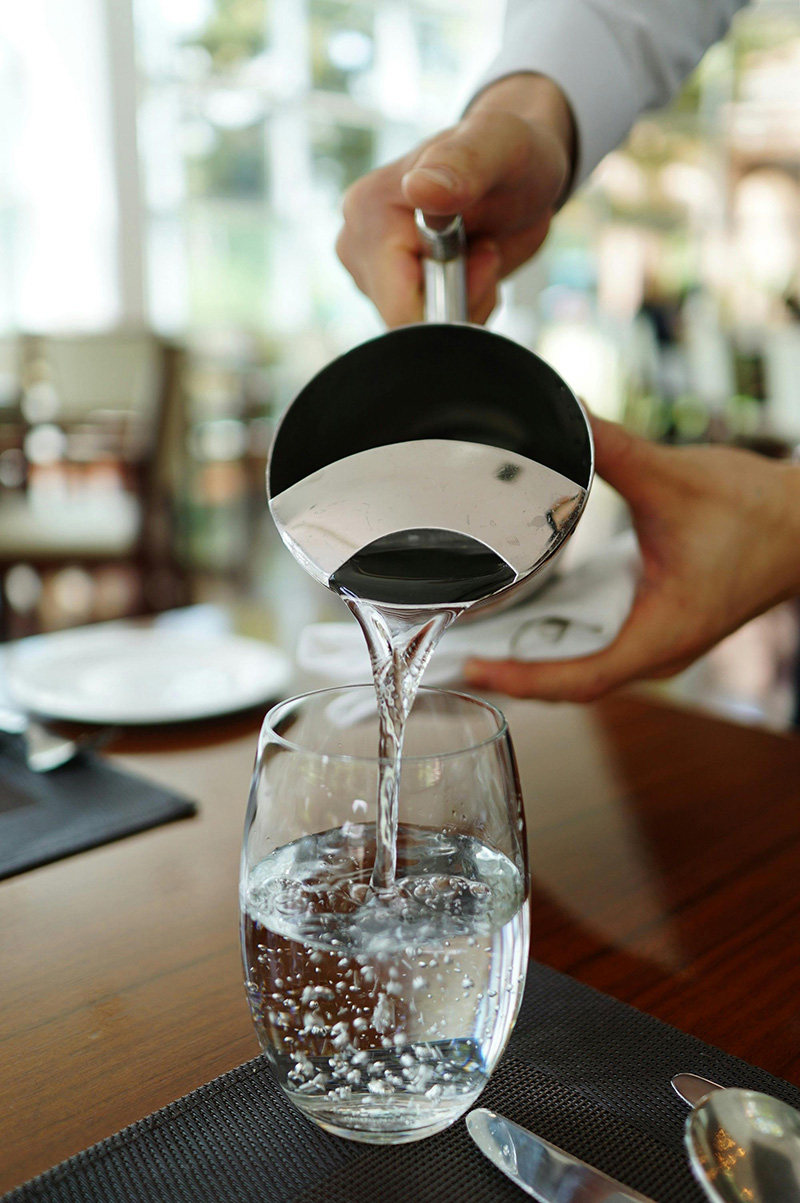
Key Takeaways
- Regularly testing your tap water can help identify if it’s safe to drink.
- Look for common signs of contamination, such as discoloration, odor, or unusual taste.
- Professional water treatment services like Krise Services in Franklinville, NJ, offer water solutions, including filtration and softening, to ensure safe drinking water.
Introduction
Is your tap water safe to drink? It’s a question every household should consider, especially as water quality can vary due to aging infrastructure, nearby contaminants, or natural elements in your area. While local municipalities often ensure basic safety standards, issues can still occur between the water source and your faucet.
If you’ve been wondering about your tap water’s safety or noticing unusual signs, this guide breaks down how to assess its quality, the dangers of contaminated water, and actionable ways to ensure your water is safe for your family.
Why Is Tap Water Safety Important?
Drinking contaminated water can have serious health consequences, ranging from stomach irritation to chronic diseases caused by long-term exposure to harmful substances. Understanding potential risks and learning how to check your tap water can significantly reduce these risks.
Some of the most common contaminants found in tap water are:
- Lead: Often from aging pipes, especially in older buildings.
- Chlorine: Used as a disinfectant but may cause an unpleasant taste or odor in high amounts.
- Bacteria or Parasites: Such as E. coli or Giardia, which can lead to gastrointestinal issues.
- Harmful Chemicals: Including pesticides, nitrates, or even industrial runoff.
Monitoring your tap water and correcting any problems will save you from a host of preventable health issues.
Signs That Your Tap Water Might Be Unsafe
While lab tests are the gold standard for determining water safety, certain physical signs can indicate that something’s wrong with your tap water.
1. Changes in Taste
Does your water taste metallic, salty, or strangely bitter? These could be signs of chemical contamination or high mineral content.
2. Discoloration
Rusty, brown, yellow, or cloudy water is never a good sign. It often indicates the presence of rust, sediments, or microorganism colonies in your pipes.
3. Odor
Smells like rotten eggs usually suggest a sulfur problem, while strong chlorine odors are a sign of high disinfectant levels.
4. Residue or Scale Buildup
Hard water (high in minerals like calcium and magnesium) can lead to white, chalky buildup on faucets, tiles, or dishes. While not usually harmful to drink, it can damage pipes and appliances over time.
5. Health Symptoms
If you or your family members experience unexplained stomach issues, dry skin, or unusual symptoms, your tap water might be to blame.
How to Test Your Tap Water’s Safety
1. Conduct a Visual and Smell Test
Keep an eye on the water’s clarity and smell. While this simple test won’t detect everything, it’s a good starting point.
2. Use At-Home Testing Kits
Affordable and easy to use, home testing kits can measure pH levels, hardness, and contaminants like chlorine or lead. Look for kits specifically designed to match contaminants common in your area.
3. Request a Professional Test
For a thorough analysis, consider hiring a professional water testing service, particularly if you’re experiencing ongoing issues. Krise Services in Franklinville, NJ, offers expert guidance and water testing reports to identify potential problems.
Solutions to Ensure Safe Drinking Water
Once you confirm that your tap water has issues, it’s time to take action. Depending on the problem, there are several solutions available:
1. Install a Water Filtration System
Filtration systems remove impurities like sediment, chlorine, and harmful chemicals. Options include:
- Activated Carbon Filters: Great for chlorine and organic contaminants.
- Reverse Osmosis (RO): Removes a wide range of impurities, including lead and heavy metals.
- UV Filtration: Eliminates bacteria and viruses.
2. Water Softening Services
For homes struggling with hard water, investing in a water softener is key. Services like Krise Services’ water softening systems in Franklinville, NJ, provide long-term solutions to reduce scale buildup and protect your plumbing.
3. Regular Maintenance and Monitoring
Regular maintenance of your filtration or softening systems is essential to keeping your water safe. Schedule periodic professional inspections to ensure efficiency.
4. Use Bottled or Boiled Water When Necessary
Until you fix the issue, switch to bottled or boiled water for drinking and cooking to avoid health risks.
Why Choose Krise Services for Water Conditioning?
When it comes to ensuring clean and safe tap water, choosing a reliable partner like Krise Services offers significant advantages for NJ water conditioning services. Here’s why Franklinville, NJ, residents trust us:
- Expert Water Testing: Identify contaminants with our detailed testing services.
- Tailored Solutions: Get recommendations based on your home’s unique water composition.
- Water Softening Expertise: We provide top-rated water softening services to tackle hard water issues effectively.
- Local Dependability: Serving Franklinville and surrounding areas with solutions you can trust.
Protect Your Family with Clean Water Today
Safe tap water is not just a convenience; it’s essential for your family’s health and well-being. From potential warning signs to effective solutions like water filtration and softening systems, addressing water safety proactively will save you costly problems later.
If you’re ready to safeguard your water’s quality, contact Krise Services for professional water conditioning and water softening services in Franklinville, NJ. With our expertise and commitment, we ensure that every sip you take supports a healthier life.
